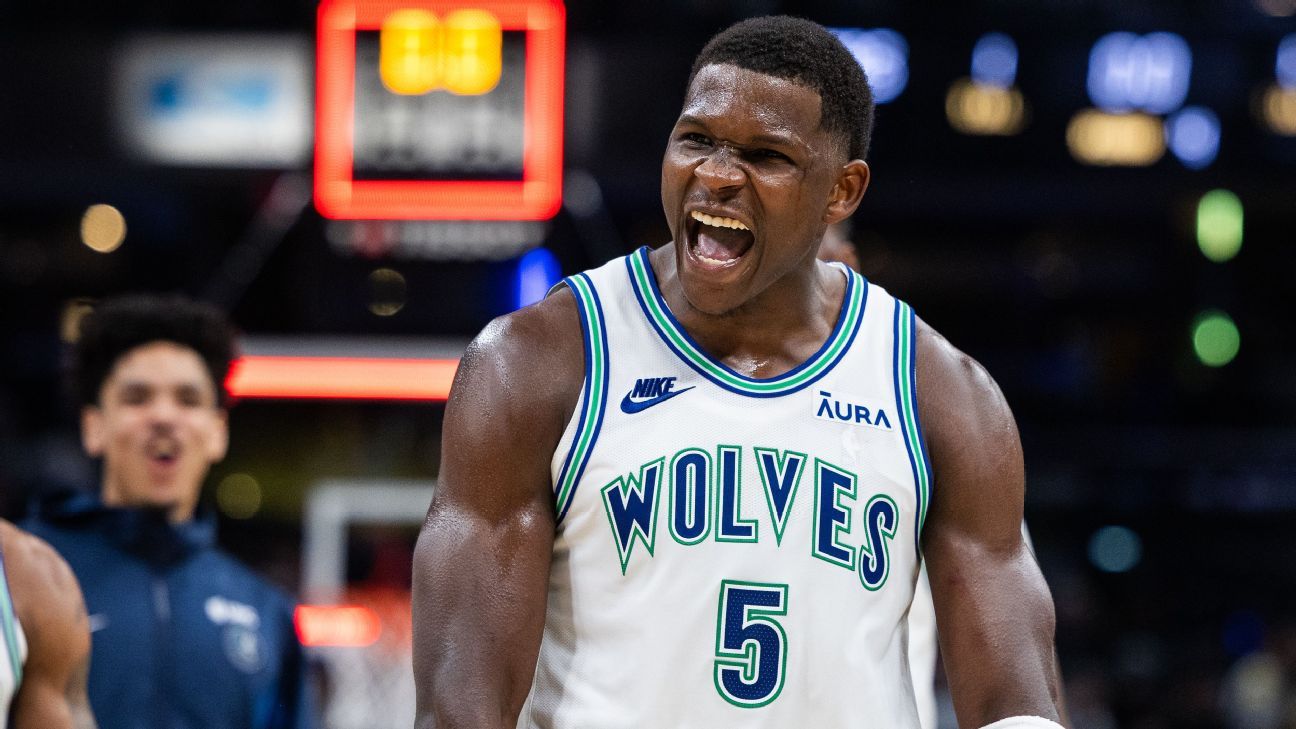In a decisive move that has sent shockwaves through the mixed martial arts (MMA) community, TKO Group Holdings, the Endeavor-run parent company of the Ultimate Fighting Championship (UFC), has agreed to a colossal $335 million settlement with former UFC fighters. This settlement resolves longstanding antitrust lawsuits that accused the organization of suppressing fighter pay through monopolistic practices.
The class-action lawsuit, which has been a thorn in the side of the UFC since 2014, was brought forth by fighters who claimed the UFC abused its market position to limit their earnings. The settlement, which TKO Group has stated will be tax-deductible, comes just in time to avoid a costly and potentially damaging trial set to begin next month.
The heart of the dispute centered on allegations that the UFC, under its previous ownership of Zuffa, engaged in anticompetitive behavior. Fighters like Cung Le, Nate Quarry, and Jon Fitch spearheaded the initial complaint, asserting that the UFC’s long-term exclusive contracts and acquisition of rival promoters stifled competition and kept fighter wages artificially low.

This settlement is not just about the money; it’s a significant acknowledgment of the grievances that have been aired by fighters for years. While TKO Group admitted no wrongdoing, the sheer size of the settlement speaks volumes. It’s a tacit admission that the UFC’s business practices were, at the very least, questionable in the eyes of the fighters who stepped into the octagon.
The implications of this settlement are far-reaching. It’s a victory for the fighters, who have long argued for a fairer share of the revenue they help generate. It’s a relief for TKO Group, which can now avoid the uncertainty of a trial and the potential for even more substantial damages. And it’s a signal to the industry that the business model that has governed MMA for years may need to evolve.
The settlement also includes a similar lawsuit filed in 2021, further broadening its impact. The fighters’ pursuit of changes such as a ban on long-term contracts, which would have given them more bargaining power, has been a rallying cry for those seeking to level the playing field in professional sports.
For the UFC, this settlement may be a strategic retreat that allows it to maintain control over its business model without the specter of judicially imposed remedies. However, it also opens the door to questions about the future of fighter contracts and the balance of power in MMA promotions.
The financial markets have reacted positively to the news, with shares of TKO and Endeavor experiencing a boost. This reaction underscores the sentiment that settling the lawsuit was a prudent move for TKO Group, potentially clearing the way for shareholder returns and a more stable fiscal future.
The MMA world will closely watch how the UFC adjusts to this new reality after the landmark agreement. Fighters can find comfort in knowing their voices were heard, and their fight for fair compensation has produced concrete results. The settlement’s final terms will be presented to the court for approval, signifying the conclusion of a significant chapter in MMA history and the start of a new era for fighter relations.
Related posts:
Endeavor-Run TKO Group Pays $335 Million To Settle Antitrust Suit By UFC Fighters
UFC reaches settlement in antitrust lawsuits, agrees to pay out $335 million





